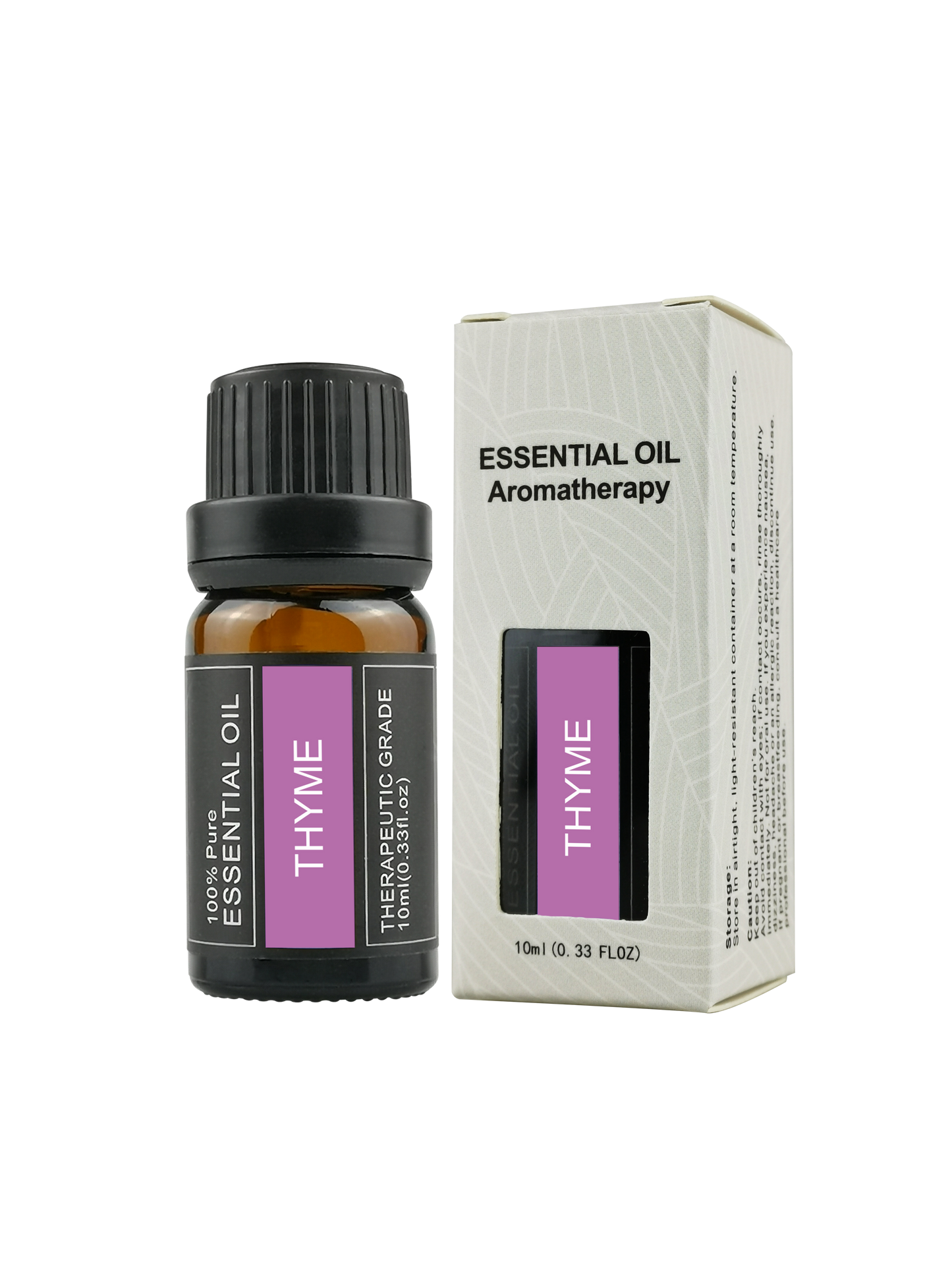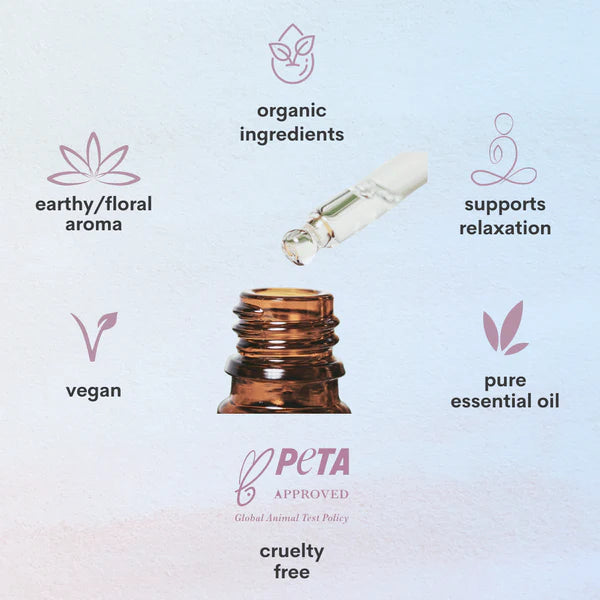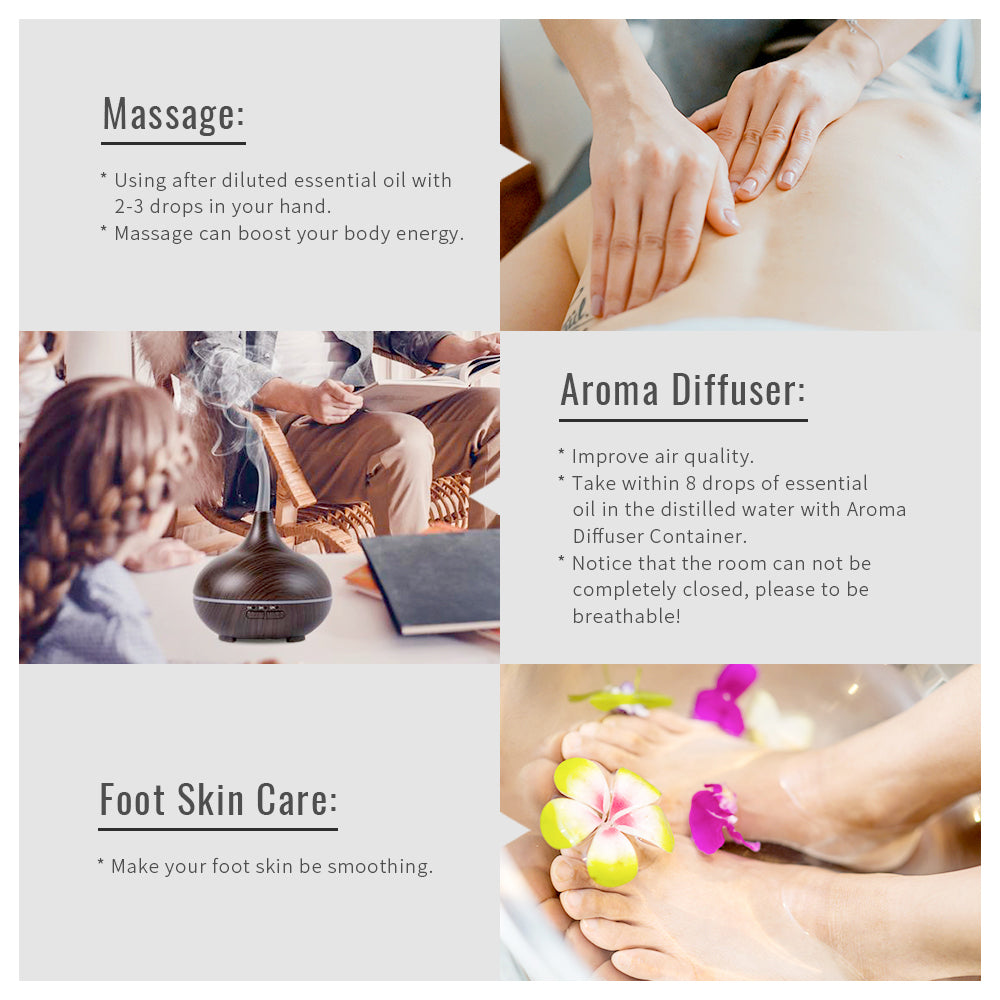amoraformula
Thyme Essential Oil
Thyme Essential Oil
Couldn't load pickup availability
Thyme essential oil is derived from the leaves and flowering tops of the thyme plant (Thymus vulgaris) through a steam distillation process. It is known for its strong, herbaceous aroma and is widely used in aromatherapy, natural remedies, and even culinary applications. Thyme essential oil contains various compounds that contribute to its therapeutic properties.
Therapeutic Uses of Thyme Essential Oil:
-
Antimicrobial: Thyme essential oil is valued for its potent antimicrobial properties. It contains compounds like thymol and carvacrol, which have been studied for their ability to fight bacteria, viruses, and fungi. Thyme oil can be used in diffusers to purify the air or diluted for topical use.
-
Respiratory Health: The oil's aromatic compounds make it a popular choice for supporting respiratory health. Inhaling thyme oil vapor may help ease congestion and promote clear breathing.
-
Immune Support: Due to its antimicrobial properties, thyme essential oil can be used to support the immune system during times of seasonal threats or illness. Diluted thyme oil can be applied to the chest or feet.
-
Aromatherapy: The invigorating and herbaceous scent of thyme essential oil makes it a common choice in aromatherapy. It is often used in diffusers to promote focus, mental clarity, and alertness.
-
Topical Application: Thyme oil can be diluted with a carrier oil and applied topically to help address skin issues like acne, minor cuts, and scrapes. It's important to use proper dilution to avoid skin irritation.
-
Muscle Relaxation: When diluted and used in massage blends, thyme oil can help relax tense muscles and soothe discomfort.
-
Digestive Support: Some individuals use thyme oil to support digestion. It can be diluted and gently massaged onto the abdomen or added to a carrier oil and applied as a compress.
Cautions and Considerations:
-
Dilution: Thyme essential oil is potent, so it should be diluted before applying to the skin. A common dilution ratio is 1-2 drops of thyme oil per teaspoon (5 mL) of carrier oil.
-
Skin Sensitivity: Some people may be sensitive to thyme oil, and skin patch testing is recommended before widespread use.
-
Pregnancy and Children: Thyme oil should be avoided during pregnancy and used with caution around young children due to its potent constituents.
-
Quality: Choose a high-quality, pure, and therapeutic-grade essential oil to ensure safety and effectiveness.
-
Medical Conditions: If you have any underlying medical conditions, it's a good idea to consult with a healthcare professional before using thyme oil, especially if you're taking medications.
Thyme essential oil offers a range of potential benefits, but it's essential to use it responsibly and according to best practices. Always research thoroughly and consider consulting a qualified aromatherapist or healthcare provider before incorporating thyme essential oil into your wellness routine.








